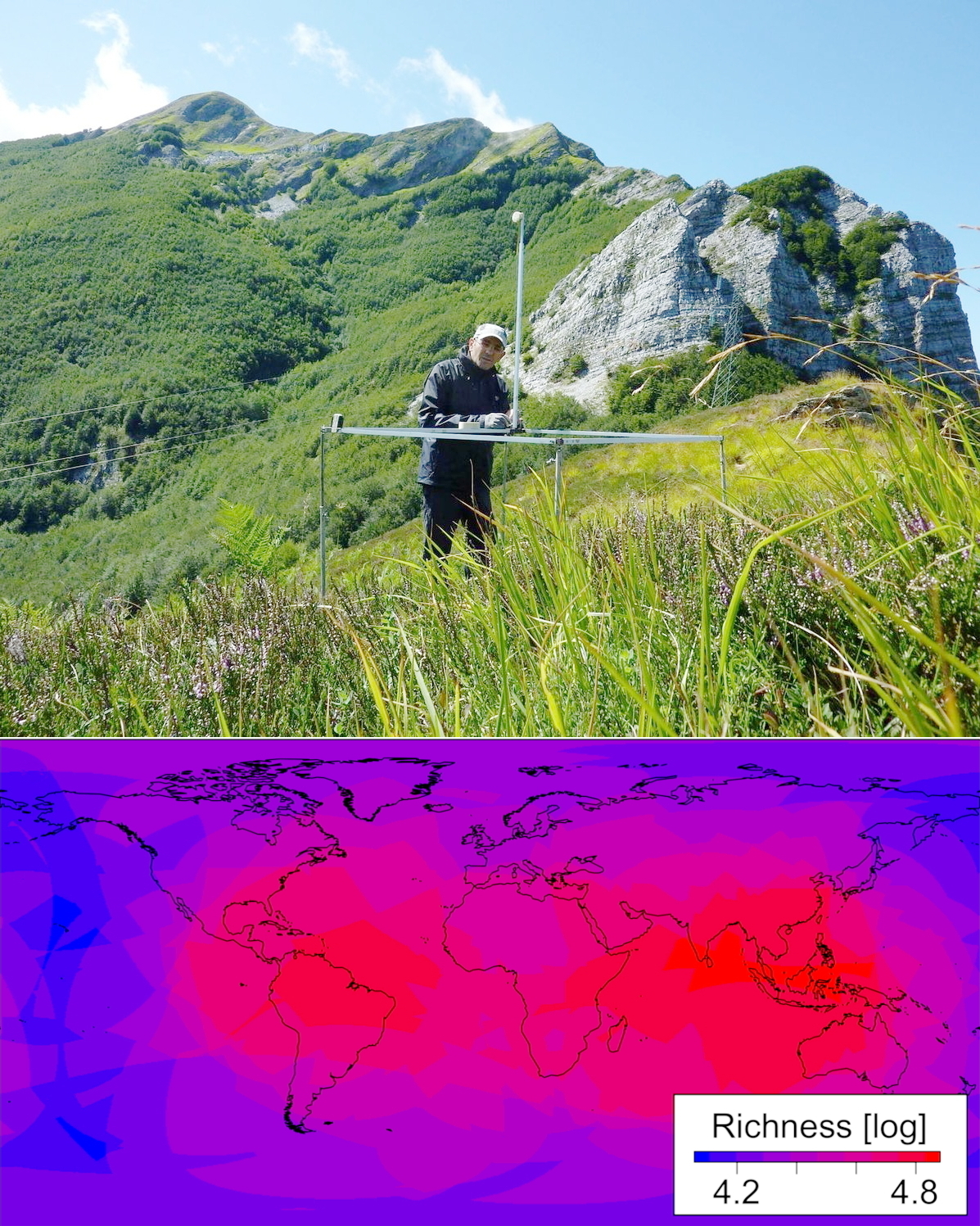
This research topic is focused on the descriptive and predictive analyses of biodiversity patterns of species assemblages at different spatial and temporal scales, aiming at understanding the ecological and anthropic factors controlling their composition, diversity and functioning. The response of species assemblages is assessed through statistical and modelling approaches on species composition datasets obtained by field sampling or by large databases. The main target organisms are vascular plants, lichens and briophytes, but multi-taxon approaches are also adopted.
Special attention is devoted to the development of methodological approaches to improve sampling and data quality, that are fundamental aspects to ensure the reproducibility and comparability of biodiversity patterns, and to the use of sound statistical approaches to describe spatial and temporal. Our studies are landscaped within natural and seminatural ecosystems, such as forests, mountains, islands and archipelagos, and other key ecosystems.
In general, our research activity is inspired by the wish to contribute to the development of basic ecological and biogeographical knowledge as well as to their application for biodiversity conservation and sustainable management of natural resources, under the present and global change scenarios. Under this perspective, our research mission is dedicated to the improvement of theoretical and empirical knowledge in ecology and biogeography as well as to the development of better biodiversity conservation strategies.
Collaborators:
Nicola Alessi (Research Fellow)
Marco Cervellini (Research Fellow)
Michele di Musciano (Research Fellow)
Piero Zannini (PhD Student)
Irene Montanari (PhD Student)
Maria Mashirma Fungomeli (PhD Student)
Vanessa Bruzzaniti (Fellow)